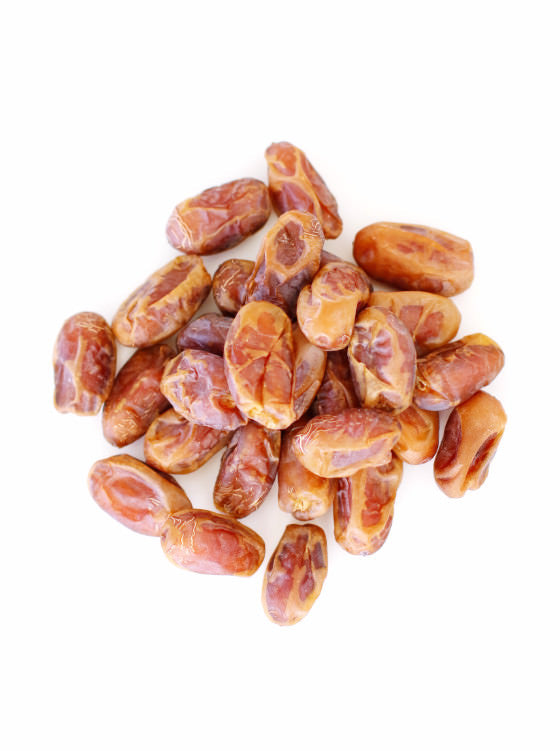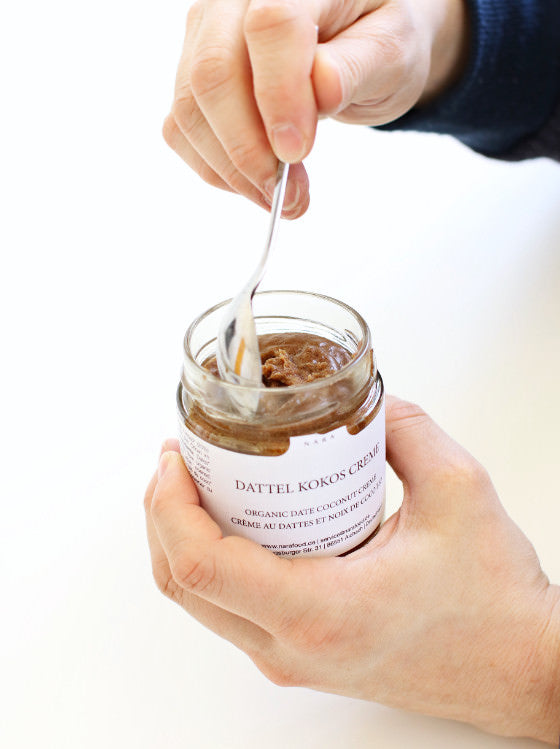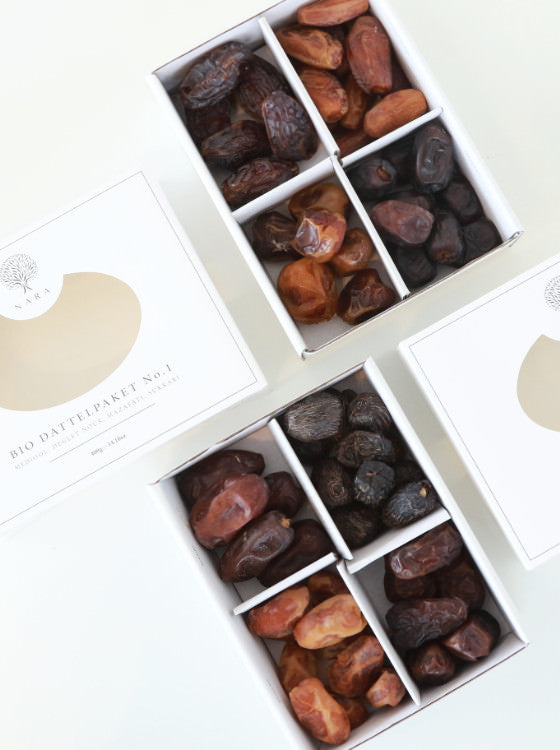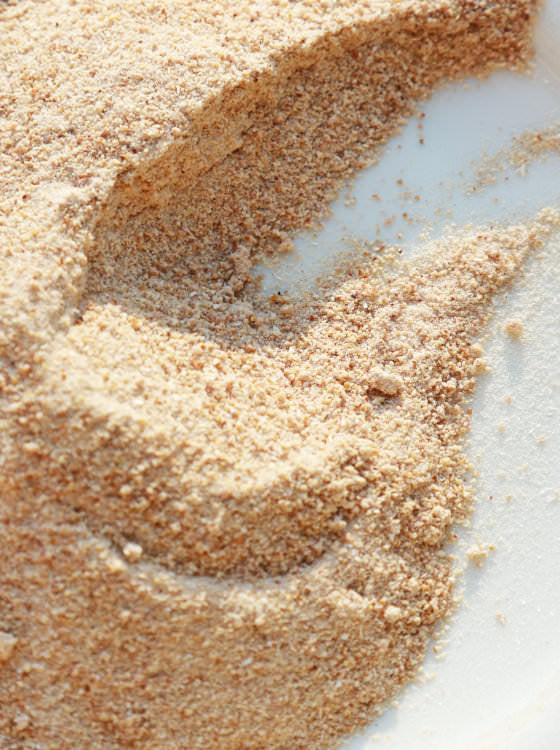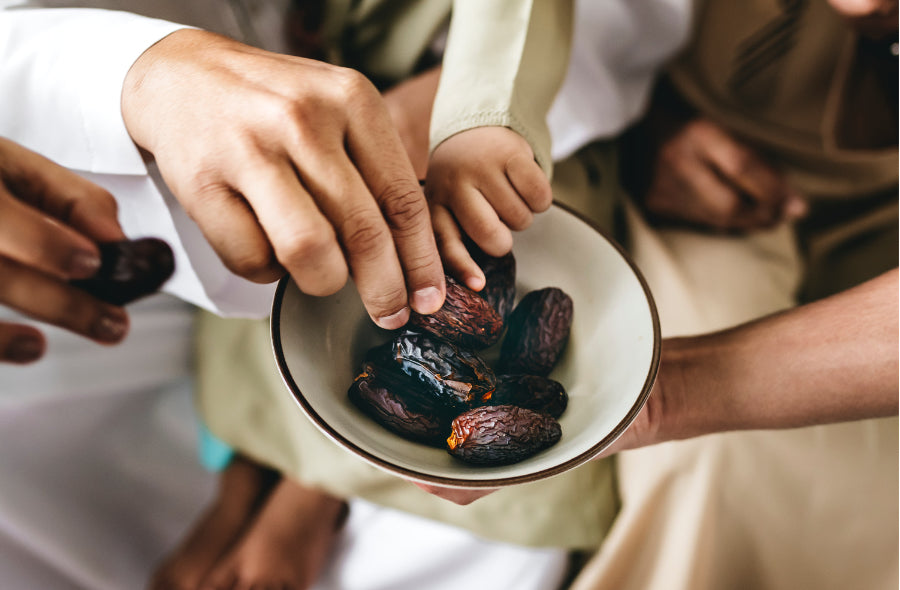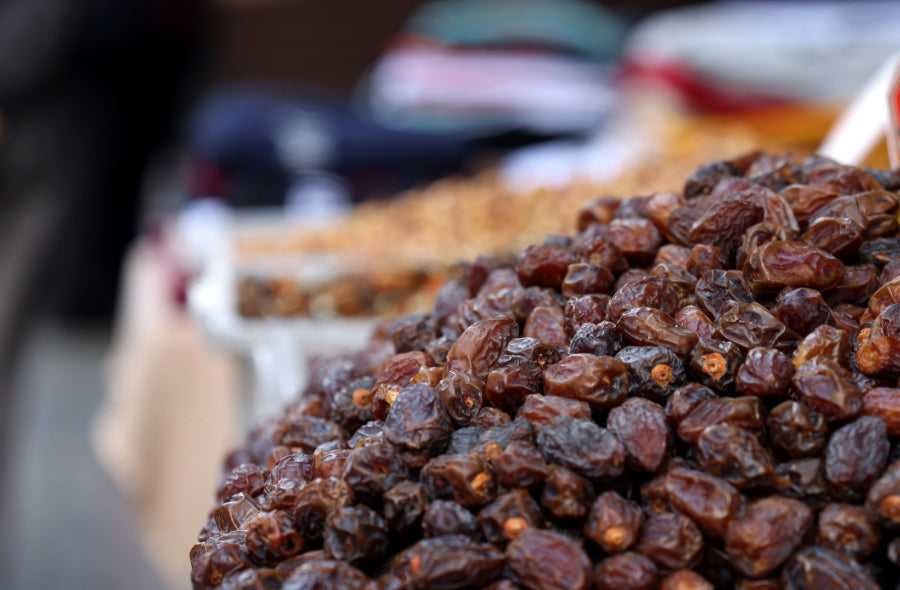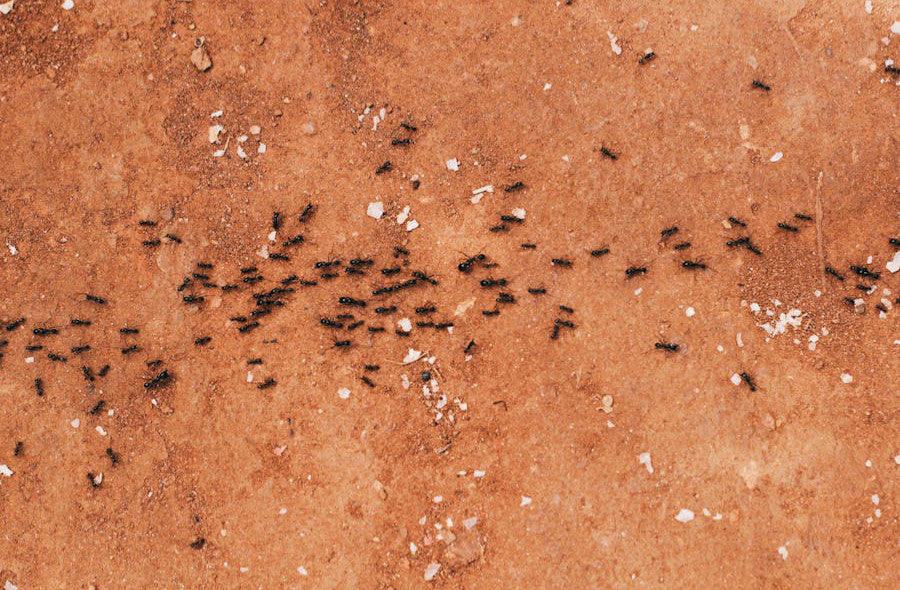Anyone who carefully reads ingredient lists and small print on dried fruit packaging will sooner or later come across the term "sulphured" or "unsulphured". But what does "unsulphured" actually mean? The sales information for dates also often includes the addition "dates, unsulphured". This suggests that they are preferable to their sulphurized counterparts.
Dried fruit & sulphur: welcome to the realm of half-truths
In the following, we would like to give you an overview of what sulphurizing fruit does and what effect it can have on human health. In our own research into the subject, we have noticed many inconsistencies and have become aware of them: There are a lot of inaccuracies and half-knowledge in circulation. So here are the 5 misconceptions about unsulphured dates that you should know:
Misconception #1: There are unsulphured dates and sulphured dates.
If you do some in-depth research online, you will often find information that both unsulphurized and sulphurized dates are available - along with the recommendation that the unsulphurized variety is preferable. As a supplier of organic dates (always natural and without additives!), we were curious and searched for sulphurized dates - without success! We asked search engines and even two AIs: everywhere we looked we found information that sulphurized dates were available. But in fact there are none!

Anyone who is familiar with sulphur and its effects will quickly find an explanation. This brings us to misconception #2:
Misconception #2: Dates spoil quickly if they are not treated with sulphur.
The main purpose of the sulphurization process is to preserve the dates. Here, the substance's ability to inhibit the growth of bacteria, fungi and yeasts is used to prevent rotting. Sulphur is used in various forms as gaseous sulphur dioxide or as sulphite salt. These are approved preservatives that must be indicated on the packaging. If you want to identify unsulphurized dates, you can check whether the ingredients "Contains sulphites" or "E 220" appear - of course, unsulphurized dried fruit must not contain these.
A nice side effect of sulphur is that it inhibits certain enzymes that give fruit a brownish color. This is why mainly light-colored fruits such as apples, pears or apricots are sulphurized. The difference is particularly noticeable between sulphurized and unsulphurized apricots: while the former can look brown to grey-black, the sulphurized variety impresses with its bright yellow color, which simply looks good enough to eat...
The date is a fruit that has a very long shelf life, especially when dried. It is naturally rich in sugar and contains little water. This makes them naturally resistant to mold and rot. Even fresh dates contain comparatively little moisture, which makes them keep for longer - if you follow a few tips for storing dates. Even the most sensitive dates can be kept for a whole year if stored correctly; dried varieties can last for decades, but at least 2 years. In addition, dates look orange, brown or even black and only change color slightly after harvesting. Conclusion: There is simply no reason to sulphurize dates. Our organic dates should not be sulphurized anyway, but the traders of conventional dates obviously do not sulphurize their fruit either.

Misconception #3: Sulphur is unhealthy.
Sulphurization is not very popular with consumers, but it can hardly be avoided in the production of certain foods (e.g. wine). It is true that sulphurized foods are completely safe for most people. The added sulphur compounds are also broken down very quickly by the body. However, there are people who are particularly sensitive to sulphur compounds. Those affected may suffer from headaches or nausea after eating them. Asthmatics may also experience asthma attacks. Allergic or allergy-like reactions have also been observed.
However, the sulphur compounds in sulphurization have little to do with the substance 'sulphur'. Sulphur is a mineral that the human body urgently needs and which it must absorb through food. Depending on the variety, dates contain an average of around 50 to 60 mg per 100 g, which is a lot! By comparison, dried organic figs contain an average of 13 mg per 100 g. Sulphur supports the immune system, inhibits inflammation, has anti-allergic effects and much more - sulphur in dates is therefore anything but unhealthy, but rather contributes to the fact that dates are rightly referred to as a "superfood".

Misconception #4: The sulphurization of fruit is an invention of the modern food industry.
The sulphurization of food has been known since ancient Greece. Both Homer and Pliny the Elder, a Roman scholar, mention it. Until the 17th century, sulphurization was only known to a few insiders. The bad reputation of sulphurization was partly due to overdosing, which was common in wine production. As early as the late 15th century, Emperor Maximilian I issued limits to curb the excessive use of sulphur compounds.
Misconception #5: If dried fruit is labeled as "unsulphurized", it does not contain any sulphur compounds.
As mentioned above, we were unable to find a single date that was labeled as "dates, sulphurized". However, it did state "may contain traces of sulphur dioxide". These dates are also unsulphurized, but they were processed in the same room as sulphurized dried fruit, which means that contamination with sulphur compounds cannot be completely ruled out. In addition, there are still limit values: if food contains less than 10 mg/l of sulphur dioxide, it does not have to be labeled. This could theoretically also apply to sulphurized (and unlabelled) dates.
Would you like to buy organic dates that are naturally unsulphurized and contain no traces of sulphur dioxide? Then our store is the right place for you. The sweet snack, which provides you with plenty of energy and is naturally vegan and low in fat, is available here in many different varieties: Fresh and therefore juicy or dry and therefore long-lasting; pitted or with a stone.

